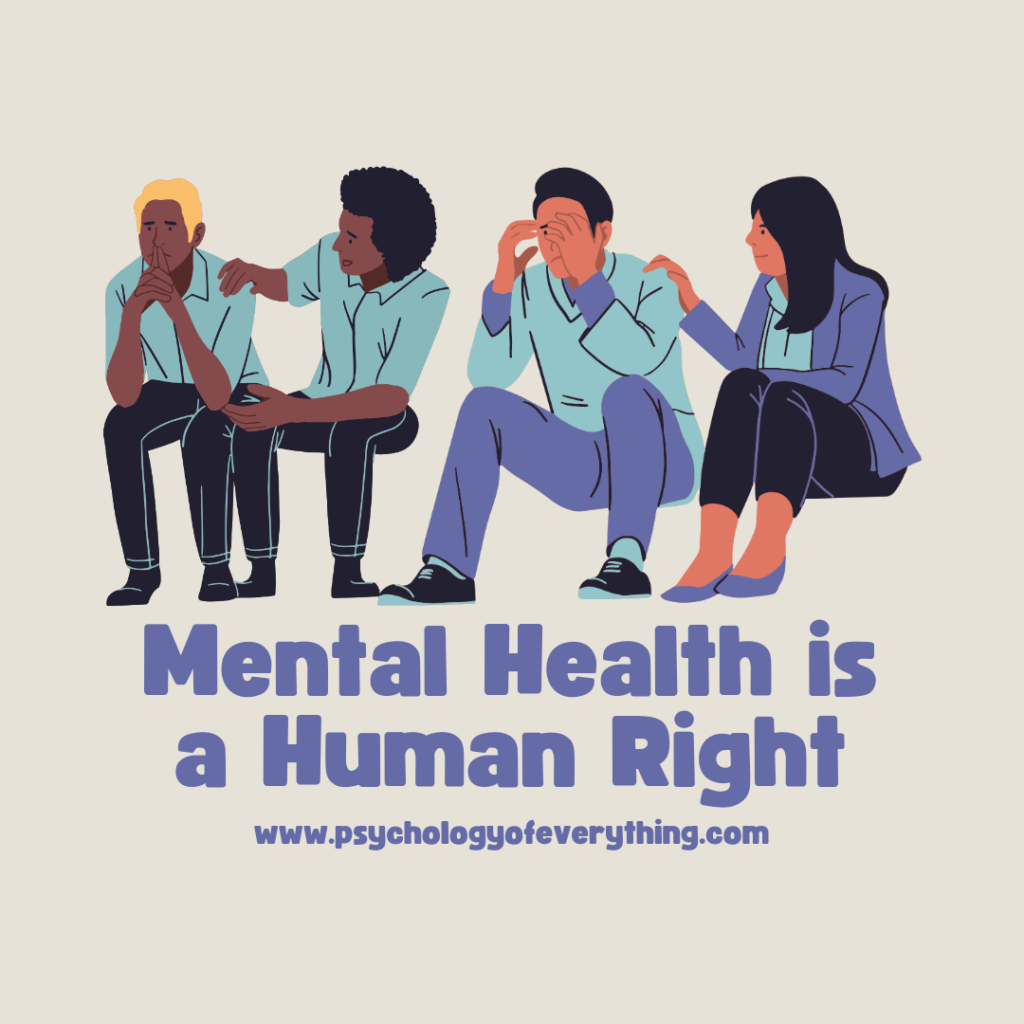States sue Meta for harming Youth’s Mental Health by its Addictive Social Media Platforms

Recently, lawsuits were filed against Meta Platforms Inc., the parent company of Instagram and Facebook, by dozens of U.S. states, including California and New York. The States sue Meta on the allegation that Meta knowingly and intentionally designed features on their platforms that contribute to the youth mental health crisis and addict children to their services. The lawsuits claim that Meta has not only violated federal laws but also concealed the dangers their platforms pose to teenagers and children.
The lawsuits have drawn attention to the profound impact of social media on the mental health of young people. This article delves into the allegations against Meta and highlights key points related to the influence of social media on mental well-being.
1. US States Sue Meta Platforms:
– A total of 33 states filed a lawsuit against Meta Platforms Inc. in federal court in California.
– The lawsuit claims that Meta routinely collects data on children under 13 without parental consent, violating federal law.
– Nine attorneys general from various states also filed lawsuits, bringing the total number of states taking action to 41, including Washington, D.C.
2. Lawsuits Reveal Disturbing Allegations:
– The legal battle reveals that Meta knowingly and intentionally designed features on Instagram and Facebook that addict children to their platforms.
– Allegations include manipulating youth and teens the most vulnerable population for profit, hiding dangers, and violating federal laws.
3. Mental Health Crisis in Youth:
– The lawsuits emphasize the surge in poor mental health among kids and teenagers, attributing part of the blame to companies like Meta.
– New York Attorney General Letitia James points to the intentional design of manipulative features that diminish self-esteem.
4. The Dark Secrets in Meta’s Research:
– Damning reports based on Meta’s own research unveiled the harms Instagram inflicts on teenagers, particularly teen girls.
– Statistics, such as 13.5% of teen girls reporting worsened thoughts of suicide and 17% indicating the exacerbation of eating disorders, have come to light.
5. Social Media’s Widespread Use:
– Social media usage among teens is nearly universal, with the majority of teens aged 13 to 17 actively engaging with these platforms.
– A third of these teens report using social media “almost constantly,” according to the Pew Research Center.
6. Regulatory Challenges:
– Federal regulations prohibit kids under 13 from signing up on social media platforms. However, children often circumvent these bans, both with and without parental consent.
– The lawsuits allege that Meta knowingly violated the Children’s Online Privacy Protection Act by collecting data on children without parental permission.
7. Meta’s Response and Commitment:
– Meta asserts its commitment to providing safe online experiences for teenagers and their families.
– The company claims to have introduced over 30 tools to support teens.
8. The Ongoing Battle:
– The federal lawsuit is a result of an investigation led by a coalition of attorneys general.
– The focus is squarely on Meta’s platforms, Facebook and Instagram, as they are considered the “worst of the worst” in addicting teenagers to social media.
9. A Call for Immediate Action:
– U.S. Surgeon General Dr. Vivek Murthy urges tech companies, parents, and caregivers to take swift action to protect kids from the detrimental effects of social media on their mental health.
In conclusion, the lawsuits against Meta Platforms Inc. have highlighted the extensive influence social media exerts on the mental health of young individuals. As this legal battle unfolds, the impact on social media regulation and the industry’s responsibility toward its youngest users remains uncertain. The case sets a precedent for addressing the complex issue of social media’s role in mental health concerns among children and teenagers.





Responses